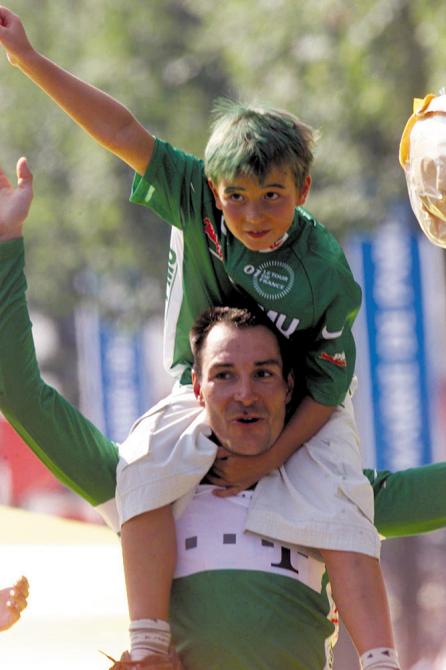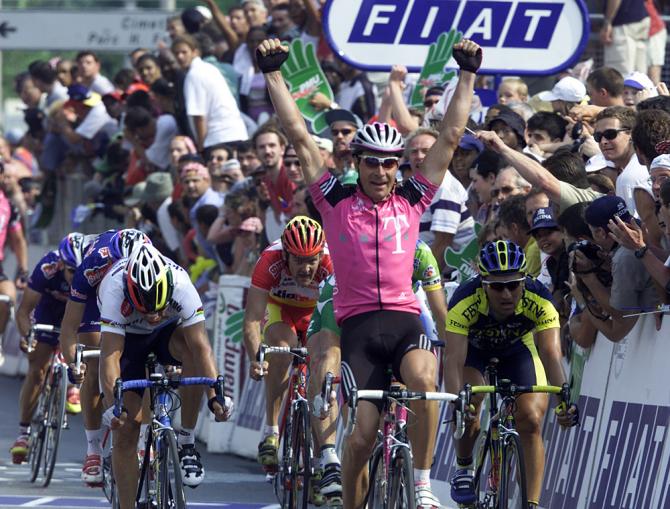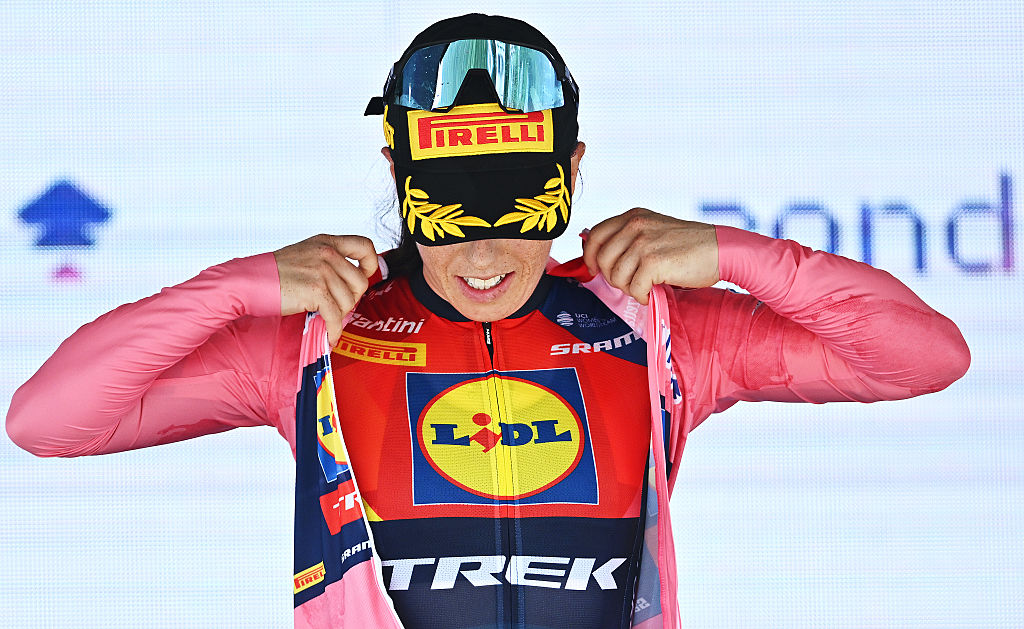Zabel: Nobody forced me to take EPO
German admits partial doping confession of 2007 was "a mistake"
The latest race content, interviews, features, reviews and expert buying guides, direct to your inbox!
You are now subscribed
Your newsletter sign-up was successful


The French Senate Commission's anti-doping report, which included a list of riders who tested positive or suspicious for EPO use at the 1998 Tour de France, has branded German sprinter Erik Zabel a liar. He confessed six years ago to having tried EPO one time, in 1996, but now in light of the positive test a year later, he has finally admitted to having doped from 1996 through at least 2003.
It all started in 1996, he told the Süddeutsche Zeitung. “As a young rider I didn't really think about what a big step it was. But it was clear: I knew clearly that it was not allowed, and nobody forced me to take EPO. It was my own decision.”
Zabel added, “I never had a structured doping plan, never had any experts around me, and so never saw myself as a superdoper. I only had recommendations.”
He did not name any teammates who also doped at that Tour, saying “there are enough reports as to how it was then. But I can only speak concretely for myself.”
Zabel admitted that in 1997 “I myself took EPO before the Tour started and throughout the whole race.”
This contradicts his 2007 confession that he tried EPO only during the first week of the 1996 Tour and stopped because of the side effects. That confession was complete with tears when he talked about his then-9-year-old son.
He now regrets that. “That was a really stupid mistake, I knew that on my way home.” Son Rick, who turns 20 in December, is on the verge of a professional career, as he will ride for BMC Racing Team as of next year.
The latest race content, interviews, features, reviews and expert buying guides, direct to your inbox!
“I demand things from him that I myself have never been able to do. I can't control whether people will want to destroy me not or not. But Rick has just signed his first pro contract with 19, he is just starting his career.”
This further confession is meant to help his son and all the young riders. “Because I am really convinced that you can't compare cycling today with the dark days of my time.” Zabel added that he needed to tell all in order to be able “to look at myself in the mirror again.”
Zabel's confession was late, but worthwhile, said German cycling federation president Rudolf Scharping. “We can only hope that the damage done by this confession years after the doping occurred, will not be too great for the current generation of cyclists,” he said in a statement released Monday morning.
“The time of the revelations and the fact that the confessions are almost always partial, is an unjust and continuing burden on those in cycling today and who have nothing to do with wrongdoing of the previous generation.”
The German national anti-doping agency did not have an official statement at this time, a spokeswoman told Cyclingnews. “We appreciate any confession and of course will have a look at the information and if applicable have a further look.”
“I don't have a lot of sympathy for him,” said young German sprinter John Degenkolb (Argos-Shimano). Zabel “didn't use his chance for a complete confession at the right time,” he told the dpa press agency.

